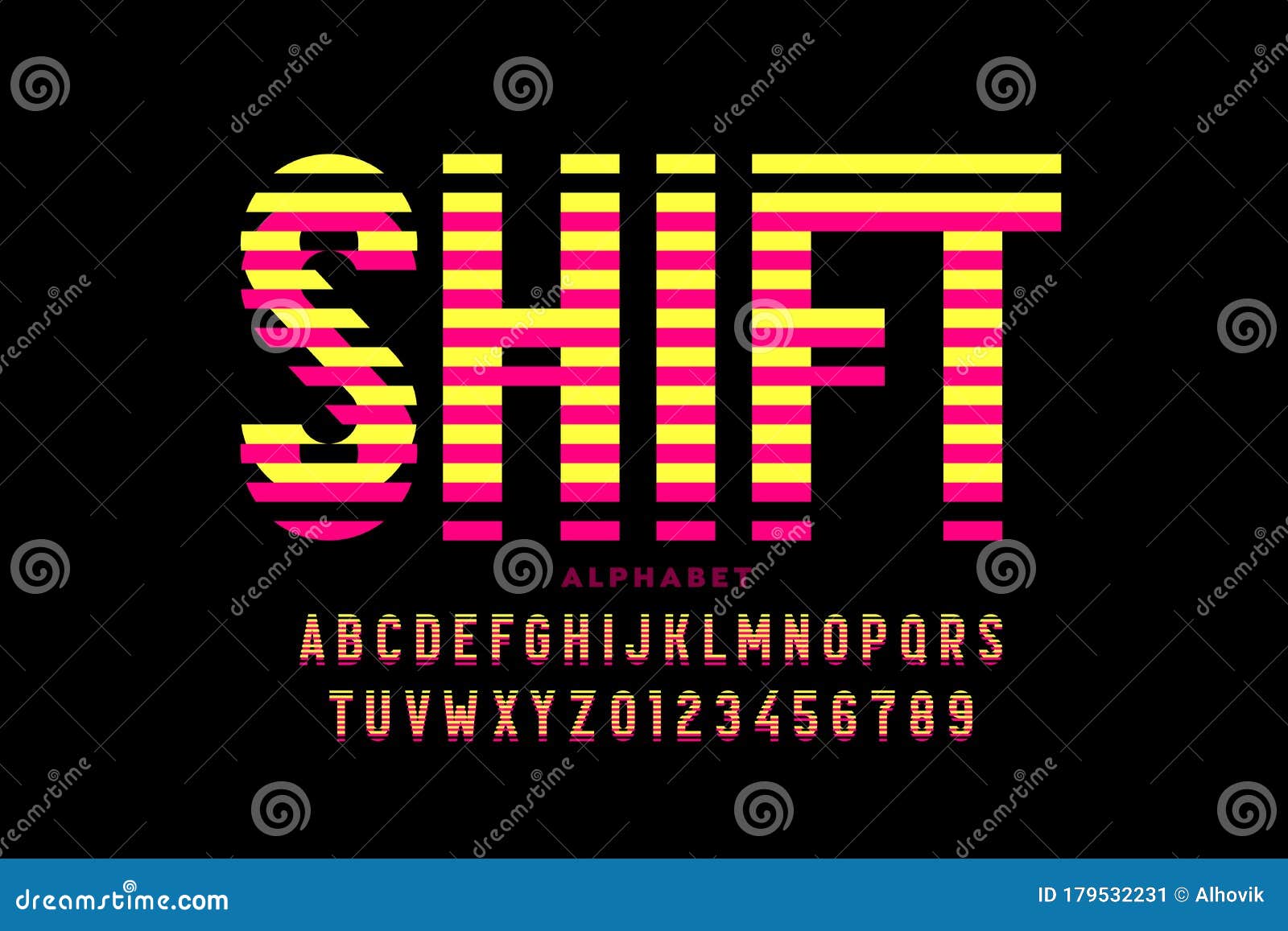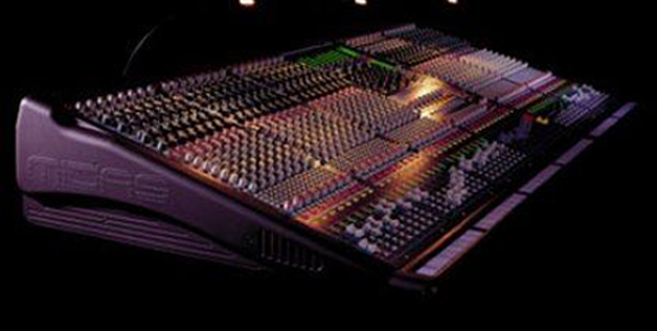

The Editor found “About 473,000 results” for “51th” on Google.

That’s fine, but what would you say to these?ĥ1th Meeting of the UNWTO Commision for Europeĥ1th Anniversary Meeting of the Clay Minerals Society We have to be similarly careful about making ordinal numbers-like “57th,” for example. That’s enough, and anything more is too much. When you make a number plural, just add an S to it.

But if you were to read that sentence out loud, actually reading all the characters the writer has put in it, this is what you would say:Ī porch near the New Hamburg train station in New York is occupied by strange mannequins dressed in twenty-eez fashion. There are many people who absorb information from written text without ever hearing the sounds of the words, and perhaps they won’t see anything wrong with that. So what do we make of this?Ī porch near the New Hamburg train station in New York is occupied by strange mannequins dressed in 20ies fashion. The number “20” is pronounced “twenty,” for example. That’s perfectly legitimate, and for larger numbers it’s probably easier to read than spelling the whole thing out:īut we do have to be careful to remember that both the numbers and the letters represent sounds. Sometimes we save space, or typing, by using a number with a suffix:


 0 kommentar(er)
0 kommentar(er)
